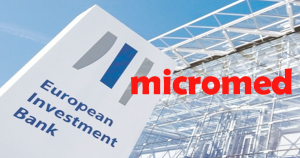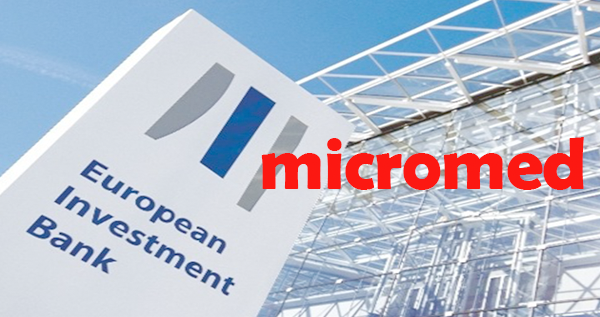 The Tunisian government has received over $ 5 Million loan from the European Investment Bank and Luxembourg to enable microfinance institutions continue to support poor, low-income or unsalaried borrowers so that they can depend on themselves and meet their basic needs through self-employed activities.
The Tunisian government has received over $ 5 Million loan from the European Investment Bank and Luxembourg to enable microfinance institutions continue to support poor, low-income or unsalaried borrowers so that they can depend on themselves and meet their basic needs through self-employed activities.
This Euro-Mediterranean financial assistance was released within the frame of the “MicroMED program”, set up in response to a call for assistance made by the new Tunisian authorities seeking to develop the microfinance sector after the Arab Spring.
The program aims at improving the regulations and the operational capacities of microfinance institutions, enhancing their transparency, diversifying financial products while making them accessible and tailored for young entrepreneurs.
Europeans finance experts say the loan will contribute to the funding of vulnerable Tunisian micro entrepreneurs who are very exposed to the instability of the current transition period the North African country is going through.
The money will also serve to support micro-enterprises, micro-entrepreneurs and agricultural producers in Tunisia by enhancing their access to the credit market, thereby contributing to both economic growth and fighting social exclusion.
The microfinance allows low-income households have access to a range of high quality and affordable banking services offered by a range of retail providers to finance income-producing activities. This initiative helps targeted population build assets, stabilize consumption and benefit from financial services such as savings, credit, insurance, remittances, money transfer and payments.
Some economists believe that microfinance helps poor people get out of poverty; while others say microfinance is a way to promote economic development, create job opportunities and spur growth through the support of micro-entrepreneurs and small businesses.
Over $ 5 Mln Loan for Tunisia Micro-Finance
